
Can were a German experimental rock band formed in Cologne in 1968 by Holger Czukay, Irmin Schmidt (keyboards), Michael Karoli (guitar), and Jaki Liebezeit (drums). They featured several vocalists, including the American Malcolm Mooney (1968–70) and the Japanese Damo Suzuki (1970–73). They have been hailed as pioneers of the German krautrock scene.

Holger Schüring, known professionally as Holger Czukay, was a German musician best known as a co-founder of the krautrock group Can. Described as "successfully bridg[ing] the gap between pop and the avant-garde", Czukay was also notable for having created early important examples of ambient music, for having explored "world music" well before the term was coined, and for having been a pioneer of sampling.

Konrad "Conny" Plank was a German record producer and musician. He is known for his innovative work as a sound engineer and producer in Germany's krautrock and kosmische music scene in the 1970s. Plank was involved in releases by Neu!, Kraftwerk, Cluster, Harmonia, Ash Ra Tempel, Guru Guru, Kraan, and other German groups of the era. He later produced for new wave acts such as D.A.F., Eurythmics and Ultravox. As a billed performer, Plank also formed the group Moebius & Plank, releasing 5 albums between 1979 and 1986.

In the Garden is the debut studio album by the British new wave duo Eurythmics. It was released on 16 October 1981 by RCA Records.

Monster Movie is the debut studio album by German rock band Can, released in August 1969 by Music Factory and Liberty Records.
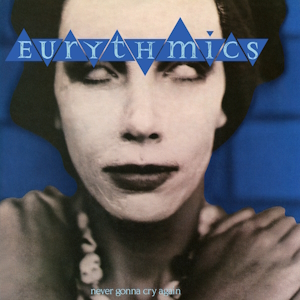
"Never Gonna Cry Again" is the debut single by the British new wave duo Eurythmics, released in 1981. It was taken from their debut album In the Garden.
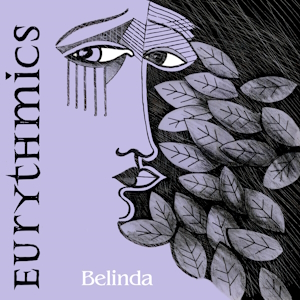
"Belinda" is a 1981 music recording by the British new wave duo Eurythmics. It was the band's second single, and the second of two singles to be taken from their debut album In the Garden.
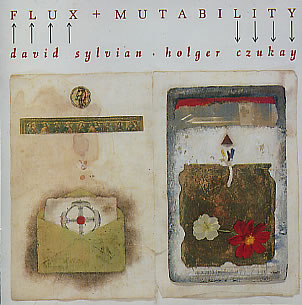
Flux + Mutability is the second collaboration between David Sylvian and Holger Czukay. It was released in September 1989. The music consists of two instrumental tracks improvised by the participants.

Soon Over Babaluma is the fifth studio album by the rock music group Can. This is the band's first album following the departure of Damo Suzuki in 1973. The vocals are provided by guitarist Michael Karoli and keyboardist Irmin Schmidt. It is also their last album that was created using a two-track tape recorder.

Out of Reach is the ninth studio album by the German krautrock band Can, released as an LP in 1978 on Harvest Records. It is their tenth official studio album, discounting compilations such as Unlimited Edition.

Can Live Music is a double live album by the band Can, released in 1999 and recorded in the UK and West Germany between 1972 and 1977. It was originally included in the now out-of-print Can box set, Can Box.
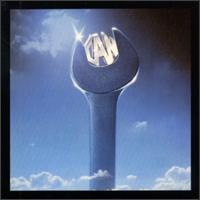
Can, also known as Inner Space, is the tenth studio album by experimental rock band Can, released in 1979. Former bassist Holger Czukay's involvement with this album was limited to tape editing. It was Can's last album before the reunion album Rite Time, ten years later, and was released after the band's break-up.
Phew is a Japanese singer and analogue electronics improviser working in the areas of experimental and avant-garde music.

The Peel Sessions is a compilation album by the German experimental rock band Can. Released in November 1995, it contains songs from four sessions recorded for John Peel's Radio 1 show. The sessions took place in February 1973, January 1974, October 1974, and May 1975. The songs are mostly unreleased improvisations. "Geheim" is released as "Half Past One" on Landed and "Mighty Girl" as "November" on Out of Reach.
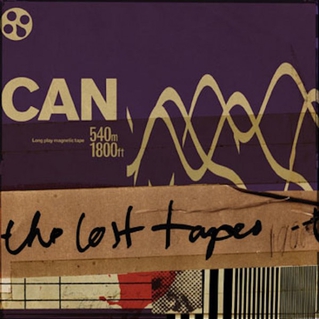
The Lost Tapes is a compilation album of studio outtakes and live recordings by the German experimental rock band Can, which was originally released as an LP in 2012 by Spoon Records in conjunction with Mute Records. The compilation was curated by Irmin Schmidt and Daniel Miller, compiled by Irmin Schmidt and Jono Podmore, and edited by Jono Podmore.
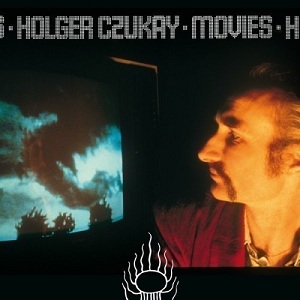
Movies is the second album by Holger Czukay, released in 1979 through Electrola.
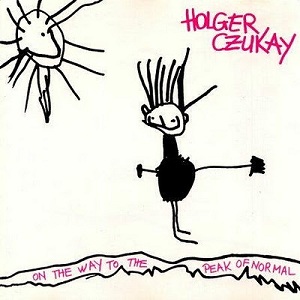
On the Way to the Peak of Normal is the third album by Holger Czukay, released in 1981 through Electrola.
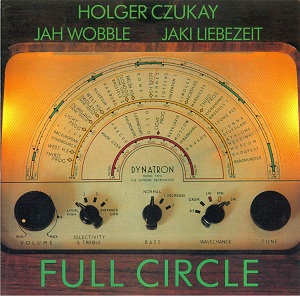
Full Circle is a collaborative album between musicians Holger Czukay, Jah Wobble and Jaki Liebezeit, released in 1982 through Virgin Records.

Der Osten ist Rot is the fourth album by Holger Czukay, released in 1984 through Virgin Records.
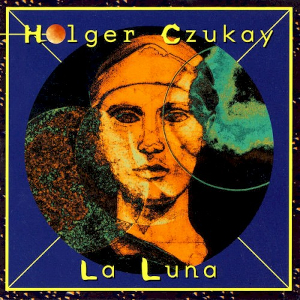
La Luna is an album by Holger Czukay, released on June 13, 2000. The album originally consisted of one extended work, "La Luna", recorded four years earlier and described as "an electronic night ceremony". According to Czukay,
It seems to me that certain types of albums almost create themselves. In such cases the composer is merely the conduit for a pre-existing energy waiting to be transformed into sound. My experience with La Luna was very much like that. The album […] is in many ways a product of something similar to the automatic writing techniques of the Surrealists. I had purchased a new sampler and began experimenting with the machine without reference to the instruction manual and filled the brain of the machine to its full capacity with 'sonic memories'. In the late hours of the evening the machine came to life and spoke! The recording you hear is the transcript of this transcendental conversation between man and machine.



















